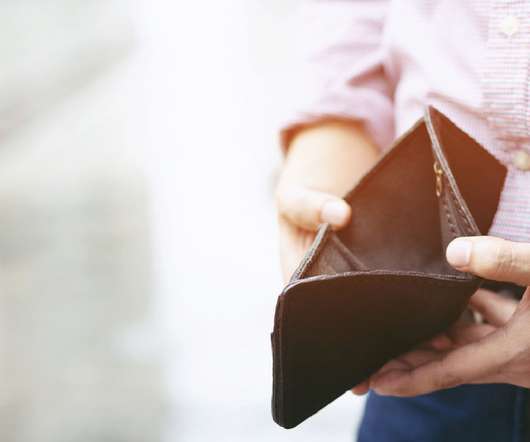What Happens After a Personal Loan Bankruptcy Discharge?
Sawin & Shea
FEBRUARY 28, 2024
When filing for bankruptcy, you can discharge certain types of personal loans, meaning that you’re no longer legally responsible for paying off the debt. If you’re considering filing for bankruptcy, you need to know what personal loans you can discharge and which filing method suits your financial situation.






















Let's personalize your content